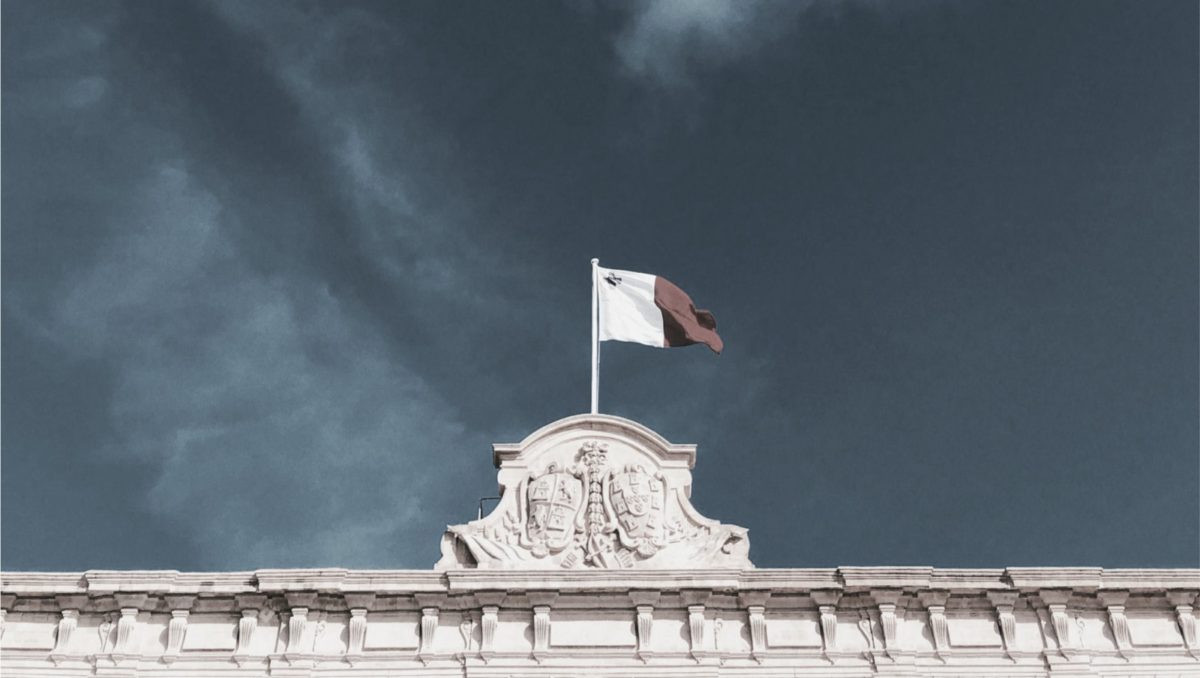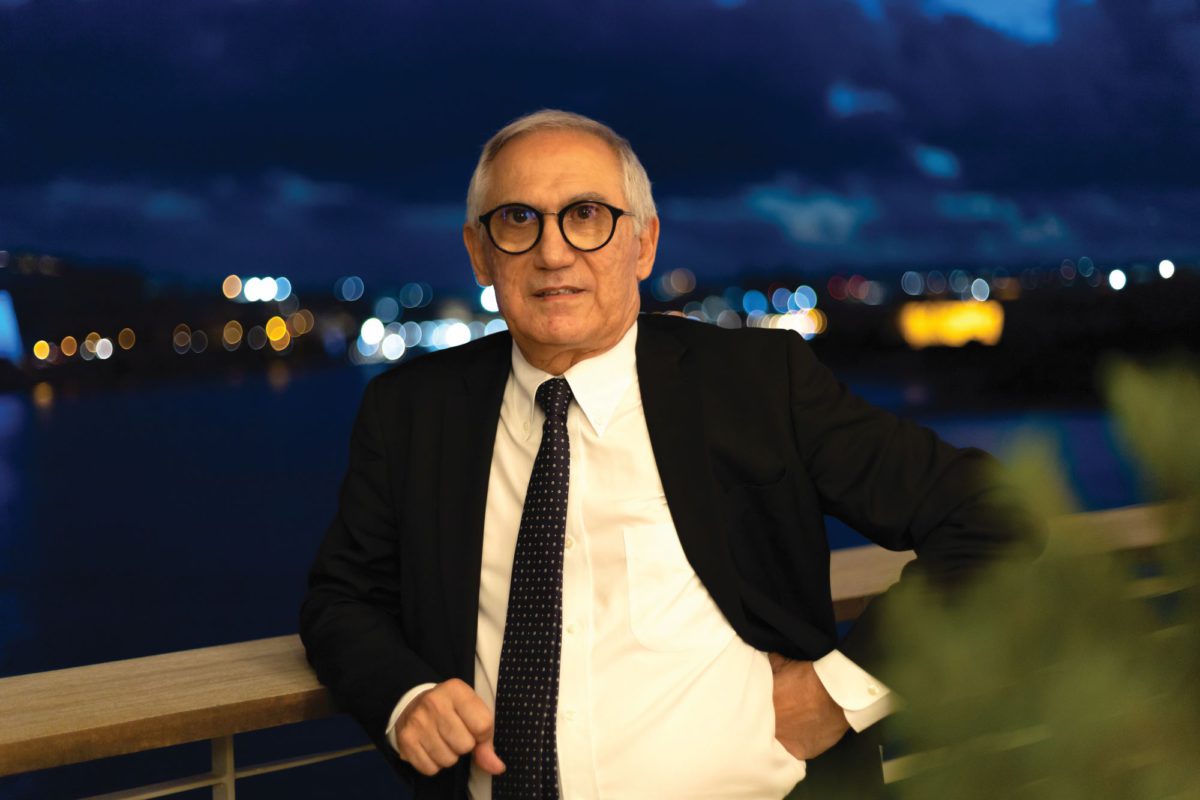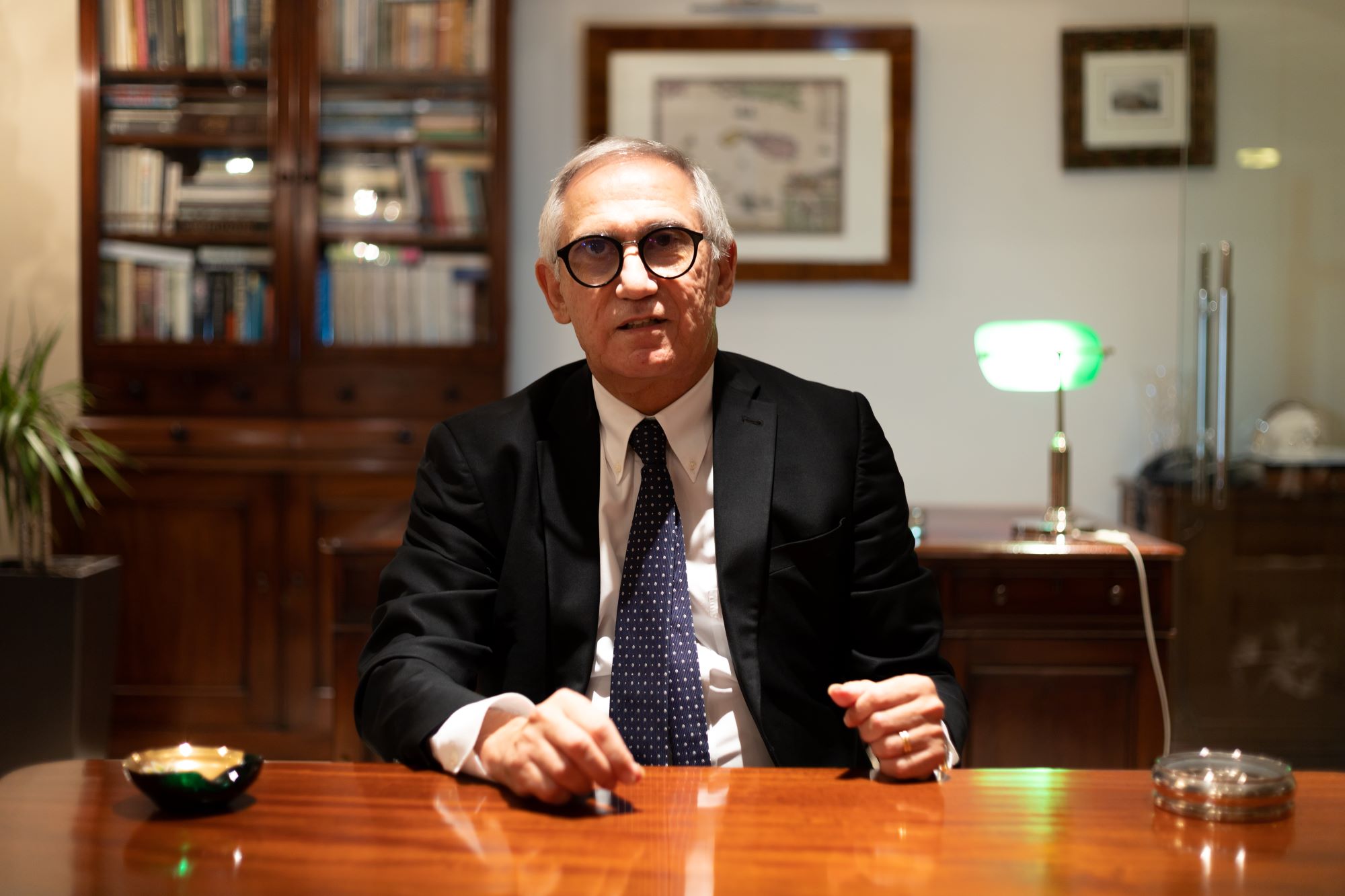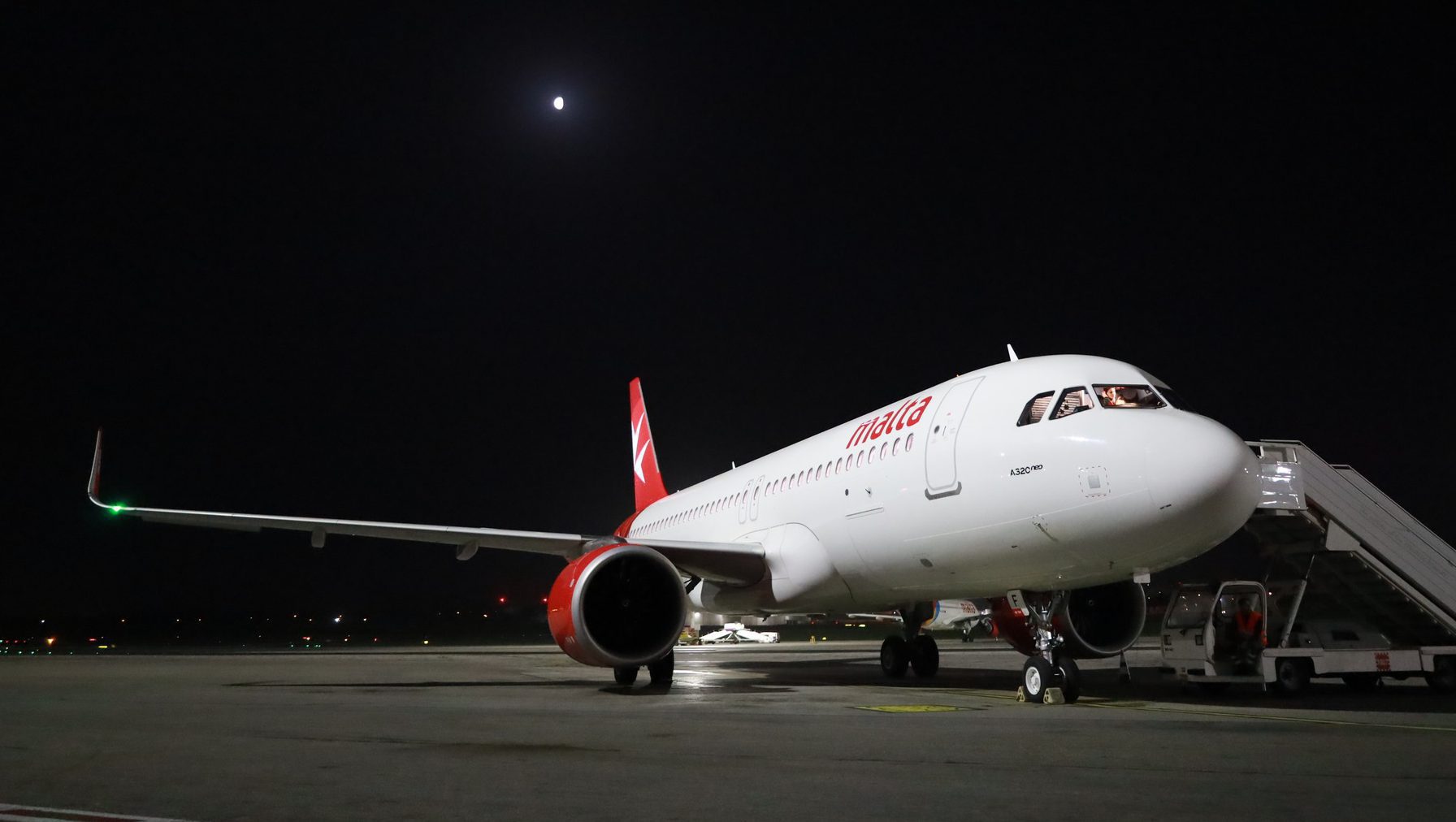This June, the Financial Action Task Force (FATF) – an intergovernmental entity set up to fight global money laundering and terrorism financing – dealt a stark blow to the Maltese jurisdiction, placing the country on its grey list of nations found to be deficient in their enforcement of anti-money laundering (AML) and financing of terrorism (FT) legislation. This, despite big efforts by Government in the last two years to implement procedures, policies and structures to ameliorate the detection of financial crime, and the strengthening of enforcement in cases of non-compliance, in order to avoid grey listing.
Yet, for Paul Bonello, a financial advisor and stockbroker with decades of experience in the sector, the FATF greylisting was the result of reputational damage incurred over recent years. “Malta started being in the international news most of the time, and for the wrong reasons. Slowly but surely, Malta started to be associated with sleaze, corruption, gross nepotism, cryptocurrency adventurism, and facilitation of money laundering, and above all as a place where law enforcement authorities, institutions and regulatory authorities were impotent, at least in relation to a small clique of white-collar criminals with political connections and who enjoyed impunity,” he asserts bluntly.

“The list of episodes is too long to even attempt to list, but the ramifications of the Panama Papers, the Mozura wind farm in Montenegro, the killing of Daphne Caruana Galizia and the Pilatus cases were too debilitating for our reputation to avoid mention,” he adds, asserting that “the FATF greylisting was merely the cherry on the cake of Malta’s loss of reputation.”
Within the field of financial services, the consequences of such a loss have reverberated over time, and Mr Bonello predicts more dire results in the future. “The rate of new business in the international financial services sector and fund management had already been dwindling for some time. Currently, new business is practically dead. When a country is greylisted, in terms of the international standards established by the FATF and the EU, that jurisdiction is considered non-reputable.”
This results in practical difficulties imposed on businesses based on the island – a concern which impacts profitable industries such as iGaming. “It is understandable that no business operator in his right senses is going to establish himself in a place where, because it is greylisted, all his international banking transactions are going to be put under the limelight by bankers, as a result of the enhanced due diligence required of greylisted countries in terms of FATF principles.”
Indeed, “when international business dwindles, especially if there is an exodus of gaming companies, this will have a serious multiplier effect on the economy, particularly the property rental market and the catering industry. And the man in the street will suffer a loss of income. Gaming and financial services occupy 25 per cent of the Gross National Product (GNP) between them and any major setback affecting them will necessarily impact the rest of the economy even if this negative spillover effect may not as yet have been much pronounced”, he says.
Mr Bonello sees a link between this enhanced stress on the island, and its acceptance of the 15 per cent minimum global tax established by the Organisation for Economic Co-operation and Development (OECD). “Due to the greylisting by the FATF, Malta has rendered itself vulnerable to increased pressure from the political satellite of FATF, namely the OECD, and the latter’s unwavering crusade against offshore centres and harmful tax competition. Malta has had no option other than to acquiesce to the global 15 per cent minimum tax without voicing any dissent,” he attests, adding that, in a similar manner, “important pieces of Malta’s onshore international tax regime have already started to be dismantled.”
Moreover, “even domestically, greylisting will leave its mark with added difficulties for Maltese banks to maintain correspondent accounts in foreign currency. Bank of Valletta has already had these difficulties for quite some time, and the loss of Mastercard may also point in that direction. All receipts and payments to and from Malta will be segregated by the correspondent banks from the mainstream and checked and enquired into, leading to delays in money transmission. Custodians might no longer want to hold assets for Maltese banks, and Maltese investors, or for funds established in Malta,” he states.

Looking ahead, the financial advisor is firm: “suddenly feeling under siege on all fronts and all over the world, the Maltese Government must avoid panicking in seeking ways of impressing overseas gatekeepers that the stark situation has been alleviated.” He underscores the need for the fight against money laundering and financial crime to be focused on “the big fish” and not on the “theft of a can of tuna or the alleged tax evasion by a village mechanic or hairdresser.”
In short, “the law enforcement authorities in Malta must not switch from turning a blind eye to suspect transactions, perhaps even in flagrant cases, to one of over zealousness whereby everything comes to be considered money laundering, stifling the rest of the domestic economy and private sector in the process. We must not go from one extreme to another whereby, freezing orders, for instance – from the odd dozen sought in the Courts over a period of five years – start to be requested and issued with almost daily frequency, almost routinely.”
Prosecution must not be transformed into the “persecution of legitimate business,” he continues, noting that “draconian legislation, such as that which is provided for in the newly enacted Proceeds of Crime Act – wherein the confiscation of assets allegedly derived from crime can take place even where a person has not even been accused, let alone convicted, and even after one’s death – must be balanced with adequate safeguards for fundamental human rights, in particular the right to a fair hearing.”
Likewise, “mammoth administrative fines cannot be allowed to be inflicted without proper due process in front of an impartial and independent Court, especially for technical non-observance of anti-money laundering regulations,” he asserts, contextualising these statements with reference to some of the island’s biggest scandals over the past few years. “And all this, especially when major corruption cases like the Vitals hospital management contract, the Electrogas[1]Socar contracts and the Enemalta-Montenegro Mozura wind farm cases conveniently remain on the law enforcement’s pending investigations shelf.”

Mr Bonello, however, sees a way ahead of the quagmire, saying that “possibly” the island could get off the grey list by 2023. To do so, in a post-pandemic world, it needs to learn the “lesson that if one would want to succeed in international finance, one needs to always say and do the right things to safeguard the reputation of the country.”
To this end, he considers keeping a low profile as imperative. “For instance, it was a big mistake to trumpet – to the whole world – Malta’s foray into cryptocurrency and, in a fit of hysteria, to proclaim ourselves as the forerunners of the industry, globally. This, only for all the hype of the so-called ‘Blockchain Island’ to fall flat soon after.” He looks to Switzerland, Luxembourg and Germany as examples of countries that “do more than their fair share of crypto-trading but they are never in the news headlines about it.”
And he sees the forthcoming election as key to a change in trajectory over the next few years. “Malta is fast approaching another election. Not much can be expected between now and election date, in terms of major policy shifts intended to correct the aberrations of the recent past.” He notes that “the Labour Party Government appears to be on course to winning another term of five years, with the incumbent Prime Minister gaining for the first time a popular endorsement,” which he asserts, could make way for brave decisions to be taken by him after an election victory legitimises him as Prime Minister.
“I think the Prime Minister will feel emboldened to do what is necessary – rather than what is popular; that is, to do what it takes for the country to redeem itself and for him to be remembered in history as having administered the medicine required for the country to get on track again. I believe he will want the country to turn over a new leaf, after ensuring that proper investigations of, so many as yet, dark mysteries are concluded, and impunity relegated once more to the dustbin of history.”
Concluding, Mr Bonello insists on the necessity for the jurisdiction, and its decision makers, to be resolute. “For the sake of our future generations, independent Malta must find the strength to re-emerge morally and politically stronger amongst the community of nations, foremost as a trusted partner in the European Union,” he says.
This interview was first carried in the Autumn edition of Business Now magazine, the sister publication of BusinessNow.mt
Featured Image:
Paul Bonello, financial adviser and stockbroker / Photos by Tyler Jackson Calleja
Annual STI testing for non-EU massage therapists amounted to ‘slander,’ admit health authorities
Health authorities kept quiet about changes to the legal provisions
KM Malta Airlines announces extra flights and special fares for MEP and local council elections
To qualify for special fares, all travel needs to take place into and out of the same city
European Parliament adopts regulation making it easier for companies to be paid on time
The maximum credit term under the new Late Payment Regulation is to up to 120 days, for some sectors






